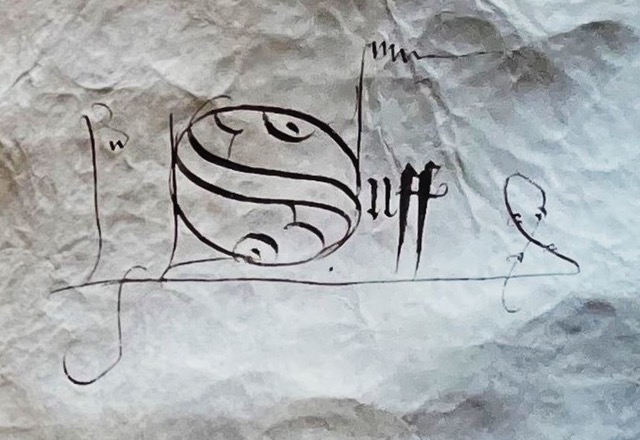
Lecture: “Everyday Creative Writing in a Late Medieval Household”
Daniel Wakelin (University of Oxford)
Sponsored by the Centre for Medieval Studies and the Pontifical Institute of Mediaeval Studies
In the late Middle Ages, vernacular literature and philosophy often emerged from the patronage of secular households. I’ll begin by introducing some such works from the household of one Sir John Fastolf (1380–1459) and his long-suffering servants. But Fastolf’s household also produced a mass of paperwork – inventories, accounts, letters, petitions, legal ephemera – which I’ll also introduce. These documents seem to have forms and functions unlike literature and philosophy. They are most often looked at by different disciplines such as social or legal history; or literary history looks through them in order to contextualize famous works. But recent studies of the “poetics of practicality” (in Lisa H. Cooper’s term) and “household knowledges” (in Glenn Burger and Rory Critten’s) suggest that we look afresh at practical documents for literary properties. That closer look raises questions what creative writing was in the late medieval household, and about which different critical criteria might help us to appreciate it.
Daniel Wakelin, the W. John Bennett Distinguished Visiting Scholar at the CMS and PIMS for 2022–2023, is Jeremy Griffiths Professor of Medieval English Palaeography in the Faculty of English at the University of Oxford and Fellow of St Hilda’s College there. He primarily researches the working habits of scribes and the activities of readers in late medieval England.
The lecture begins at 4:10 PM EST.
Join Zoom Meeting: https://utoronto.zoom.us/j/85614747060
Meeting ID: 856 1474 7060
Passcode: 010433
Image: Oxford, Magdalen College Archives, FP 28 (detail), with permission of the President and Fellows of Magdalen College


